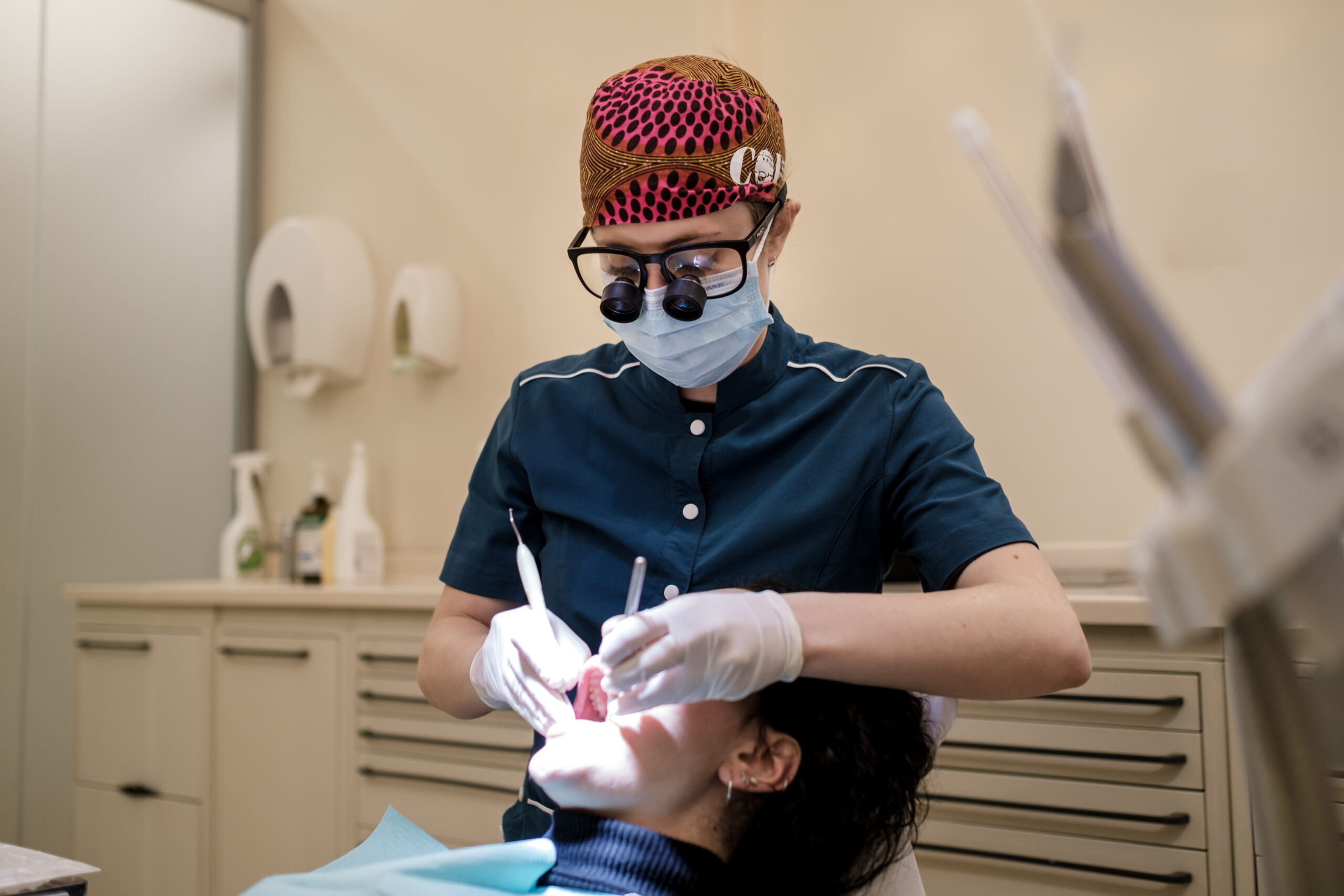Proper dental hygiene brings great benefits to our smile: it reduces the risk of tooth decay, protects us from enamel stains or blemishes, helps prevent gum irritation and helps us feel healthier, more confident and at ease with others. It is important to remember that in order to have healthy and beautiful teeth it is important to have regular dental hygiene sessions in a dental centre: in Professor Degidi's office in Bologna you will find a team of professionals ready to take care of your smile.
But in our daily routine, what do we have to do to have healthy teeth and a bright smile? Maintaining proper dental hygiene is easier than you can imagine, but it requires attention and consistency.
Is it true that after meals it is better to wait half an hour before brushing your teeth? Do fluoride gums really replace tooth brushing? And which foods strengthen the enamel?
Between advice to follow and myths to debunk, here are 5 things to know for perfect oral hygiene
-
Teeth should be washed within half an hour after meals.
Bacteria take advantage of food residues to multiply; sugar in particular is an exceptional growing medium: the risk of caries depends precisely on an inefficient and timely cleaning of these residues.
That's why half an hour is the time limit to spend after meals before brushing your teeth, always using toothpaste, toothbrush and dental floss.
-
Fluoride chewing gums do not replace toothbrushes, but help.
When we eat outside the house and don't have a toothbrush, toothpaste or dental floss, we can use fluoride chewing gum. While not replacing the toothbrush, chewing gums are a "plan b" that has its advantages: chewing in fact increases the production of saliva and in the oral cavity forms an acidic environment that neutralizes bacteria
-
The toothbrush should be replaced every three months.
Even if a toothbrush does not have a proper expiry date, it should be replaced with a new one every three months to ensure proper dental hygiene. In the long run, the cleaning process is less profound, encouraging the formation of plaque and tartar.
In general, however, when the bristles open and tilt outwards, it means that we are using the brush too vigorously and that, in any case, it is time to change it. The same goes for electric toothbrushes: the brush head must be changed periodically to allow for good cleaning.
-
The hardness of the bristles should not be underestimated
Toothbrushes can be more or less hard. For daily dental hygiene it is preferable to use a toothbrush with medium hardness bristles. Soft bristles are suitable for avoiding irritation to the gums, but may have difficulty removing food residues; hard bristles may cause discomfort to those with more sensitive teeth and gums.
When in doubt, average hardness is a good compromise, unless your dentist suggests something specific to meet a particular need.
-
Per For proper oral hygiene it is essential to pay attention to how you brush your teeth
During cleaning it is advisable to tilt the toothbrush 45° with respect to the teeth, and then move it in a rotational direction from top to bottom. This way we clean the gum, dragging the dirt towards the top of the tooth. Incorrect movement does not allow the total removal of plaque, so you should be careful.
This precaution certainly helps us to have a bright and healthy smile and to protect ourselves from the risk of cavities; however in order to be sure of our oral hygiene it is essential to undergo regular checks.
To have healthy and perfect teeth it is essential to rely on the professionalism of a dental centre of excellence: the whole team of Professor Degidi is able to offer the most effective and least invasive solution for you.
Contact us to arrange an appointment; we will be happy to help you.
